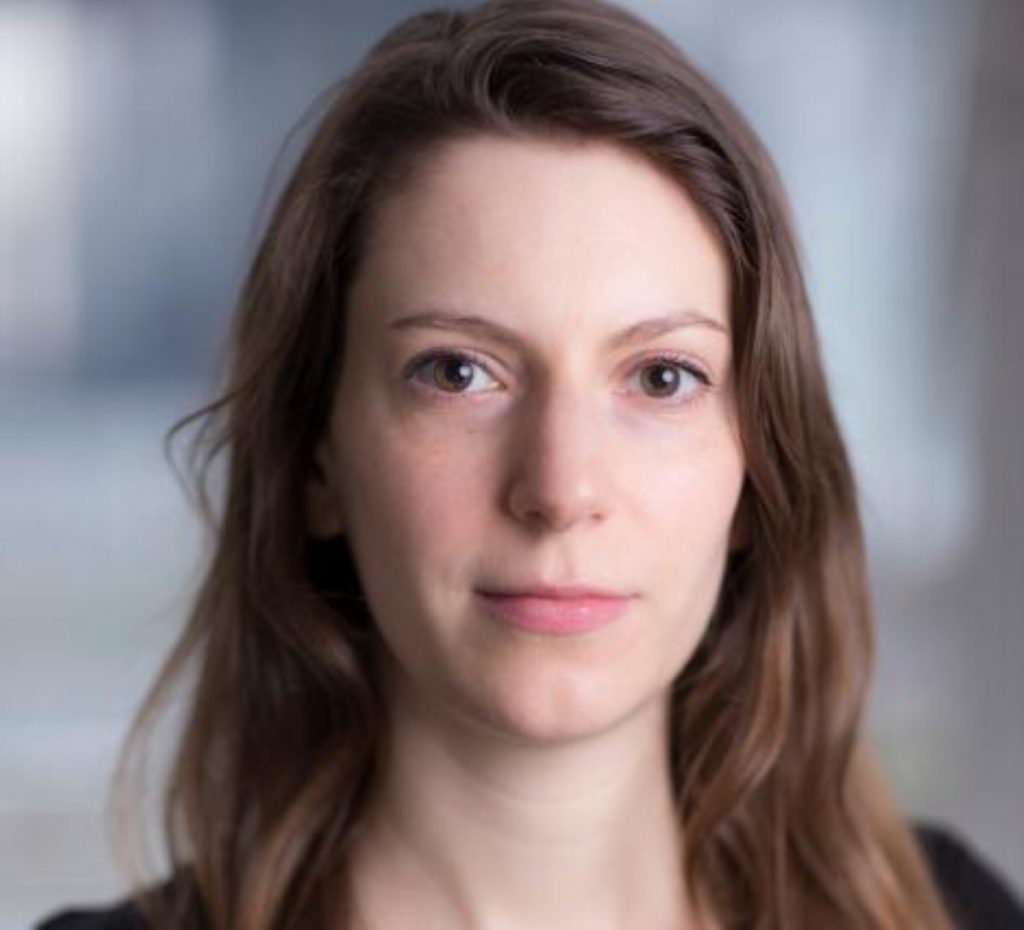Comment: Don’t tell me what a ‘successful woman’ looks like
By Daisy Sands
Every day women are confronted with an endless array of conflicting, confusing and often impossible ideals of what they should be: thin, flawless and ever-young, educated, successful in their career, a homeowner, a loving wife, a domestic goddess and the gleeful mother of a happy brood – and all wrapped up in a well-adjusted, smiling package of womanhood.
But all this it seems, is not enough. Earlier this week TV presenter Kirstie Allsopp advised young women that they must also vigilant in getting the order of play right, lest they miss the baby boat altogether – as she told the Telegraph earlier this week, if she had a daughter her advice would be: "Darling, do you know what? Don't go to university. Start work straight after school, stay at home, save up your deposit – I'll help you, let's get you into a flat. And then we can find you a nice boyfriend and you can have a baby by the time you're 27."
Later, the self-described "passionate feminist" Allsopp argues that once women have fulfilled their biological imperative to reproduce and be a mother – at around age 45 – they can then go to university and pursue a career.


Implicit in this 'babies first, career later' advice is a deeply gendered assumption – that a woman's role as partner and mother is her greatest achievement and that she should be willing, nigh enthusiastic, about sacrificing all else in pursuit of this goal.
In reality, however, it seems that the majority of women think bigger than this. Across the world, as women have taken greater control of their fertility, they have chosen to have fewer children and have those they do have later in life. It is clear that in most cases women both desire and require an education, a secure foothold in the labour market and financial independence and security before embarking on motherhood.
For the first time, this generation of young women is close to being on par with their male peers in terms of participation and achievement in higher education and earning potential prior to motherhood. Calling on women to backtrack – to get back in the home and confine themselves again to the role of wife and mother from a young age – is to threaten many of the huge strides that have been achieved in recent decades in advancing equality between the genders. It would curtail their opportunities, freedoms and potential, both inside and outside the home.
Allsopp's advice, directed at a non-existent daughter as opposed to her two very existent sons, also highlights a more insidious problem – the deep presumption held by many that the precarious act of balancing family and work responsibilities (often termed the 'having it all' conundrum) is solely a women's problem to manage. Yet the best way of tackling this issue is to bring men front and centre into the debate and encourage them to share the responsibilities of raising children and domestic labour more equally.
Implicit in Allsopp's comments also lies a deep class bias and double standard that says great, have your babies young when mummy and daddy can help with the deposit on your first property and hubby earns well, but don't expect encouragement for these same choices if you're not well off. We all know all too well the scorn that poor women who have children earlier in life face.
Allsopp no doubt means well. No-one would disagree that women should be armed with the facts of parenthood to help enable them to make informed choices about their lives – be it on issues of fertility, the costs, the highs and lows, or the ongoing barriers that women still face in society when becoming a mother.
But whilst we should encourage open discussion of the facts, let's hold off dictating to women what a 'successful life' should look like and instead focus on calling out the endless pressures that women face to do the so-called 'right things', at the 'right time'.
Let's open up the debate about what women can be, not shut it down.
Daisy Sands is head of policy and campaigns at the Fawcett Society, the UK's leading campaign for gender equality
The opinions in politics.co.uk's Comment and Analysis section are those of the author and are no reflection of the views of the website or its owners.












